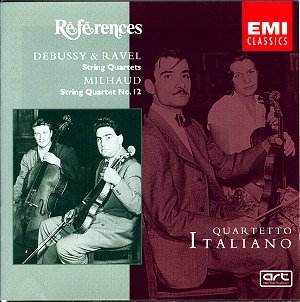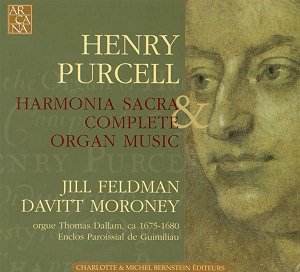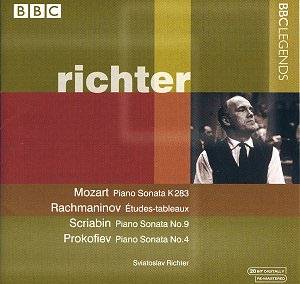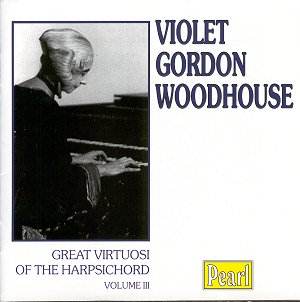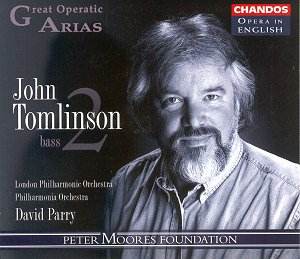 Composer: John Tomlinson
Composer: John Tomlinson
Works: Arias from operas by Mozart, Beethoven, Weber, Wagner, R. Strauss and Lortzing
Performers: John Tomlinson (Bass), London Philharmonic Orchestra, Philharmonia Orchestra, conducted by David Parry
Recording: December 1998, October 1999, September 2001 in Blackheath Halls, London
Label: CHANDOS
John Tomlinson, a commanding presence in the operatic world, has long been recognized for his interpretations of German romantic repertoire. This disc serves as a curated showcase of his artistry, featuring a selection of bass arias that traverse the dramatic landscapes of opera from Mozart to Wagner and beyond. The program not only reflects Tomlinson’s formidable range but also highlights the historical context of these pieces, each steeped in the rich tradition of operatic storytelling.
The album opens powerfully with Osmin’s ‘Revenge’ aria from Mozart’s Die Entführung aus dem Serail, where Tomlinson’s sonorous tone resonates with the character’s fury. The orchestral support from the London Philharmonic and Philharmonia orchestras under David Parry’s direction is robust and well-balanced, providing a thrilling backdrop to the bass’s incisive delivery. However, the subsequent Sarastro’s Prayer from Die Zauberflöte reveals some vocal challenges; here, the legato line falters, exposing the fragility in Tomlinson’s upper register. This inconsistency becomes a recurring theme throughout the disc, particularly evident in Wotan’s Monologue from Die Walküre, where moments of strain disrupt the otherwise commanding presence he exhibits.
Tomlinson’s interpretative choices evoke the inherent drama of the characters he portrays, but they are not without their pitfalls. In the higher-lying roles, the tone occasionally spreads under pressure, resulting in a wobble that detracts from the intended gravitas of the performance. The Dutchman’s Monologue in Der Fliegende Holländer exemplifies this tension; though the emotional weight is palpable, the technical execution at times feels compromised. While the depth of Tomlinson’s voice is undeniably impressive, it contrasts starkly with the clarity and precision that are hallmarks of top-tier bass performances.
The engineering quality of this recording is characteristically high for the Chandos label, allowing Tomlinson’s voice to shine amidst the orchestral textures. The supporting choir—though not attributed—contributes effectively, enhancing the choral passages with an appropriate blend of power and nuance. The printed texts for each aria, while largely unnecessary given Tomlinson’s clear diction, serve as a thoughtful inclusion that aids in the listener’s engagement with the dramatic narratives.
While John Tomlinson’s stature as a performer cannot be diminished, this particular recording presents a mixed portrait of an artist navigating the challenges of vocal maturity. The robust interpretations of lower register arias do shine, but the moments of strain in the upper register suggest a voice that, while still capable of remarkable expression, is perhaps past its prime in this repertoire. Comparisons with other notable recordings highlight this dichotomy; where some contemporaries maintain a seamless execution across their ranges, Tomlinson’s artistry here feels somewhat uneven.
The disc ultimately resonates with the echoes of a distinguished career, yet it leaves the listener contemplating the juxtaposition of past glories with present challenges. Tomlinson’s interpretations of the operatic repertoire are historically significant, but this recording may not serve as the definitive representation of his vast capabilities. Rather, it stands as a testament to both the triumphs and trials of a remarkable singer who has indeed made significant contributions to the operatic stage.
